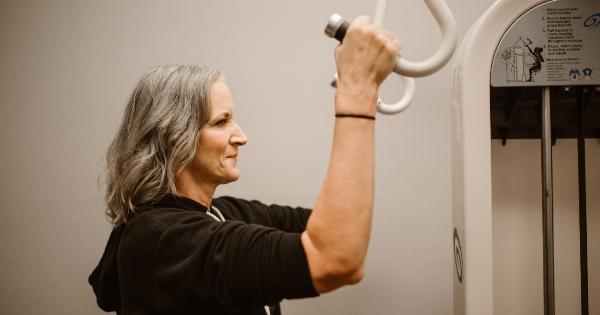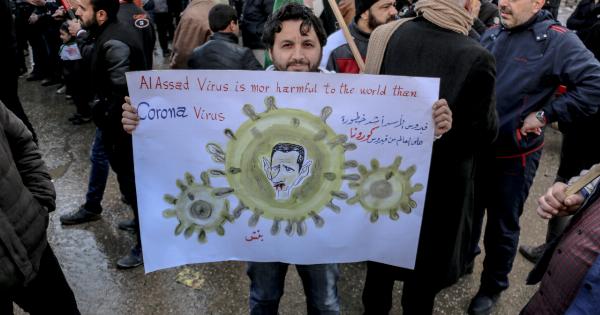Cancer is a topic that is surrounded by numerous myths and misconceptions. These myths not only spread misinformation but also create unnecessary fear and anxiety among individuals. It is important to separate fact from fiction when it comes to cancer.
In this article, we will debunk some of the most common cancer myths and shed light on the truth behind them.
Myth 1: Cancer is Always a Death Sentence
One of the most prevalent cancer myths is that it is always fatal. While cancer is a serious disease, advances in early detection and treatment have significantly increased survival rates.
Many types of cancer, when caught early, can be successfully treated. It is crucial to prioritize regular screenings and seek medical attention if any suspicious symptoms arise.
Myth 2: Cancer is Contagious
Contrary to popular belief, cancer is not contagious. You cannot “catch” cancer from someone who has it. Cancer develops due to a complex interaction of genetics, lifestyle factors, and environmental exposures.
It is important to support and show empathy towards those battling cancer rather than avoiding them based on unfounded fears of contagion.
Myth 3: Superfoods Can Cure Cancer
The term “superfood” is often thrown around in relation to cancer prevention and treatment. While a nutritious diet is essential for overall health, there is no single food that can cure cancer.
A balanced diet consisting of fruits, vegetables, whole grains, and lean proteins is beneficial, but it cannot replace medical treatments such as chemotherapy, radiation, or surgery.
Myth 4: Antiperspirants and Bras Cause Breast Cancer
There is a long-standing myth that using antiperspirants can increase the risk of breast cancer. Similarly, another myth suggests that wearing tight bras can restrict lymphatic flow and lead to breast cancer.
However, extensive scientific research has debunked these claims. There is no evidence to support the idea that antiperspirants or bras cause breast cancer.
Myth 5: Alternative Therapies Are as Effective as Medical Treatments
Alternative therapies such as herbal remedies, acupuncture, or energy healing are often promoted as cancer treatments. While these therapies may provide some relief for certain symptoms or side effects, they are not proven to cure cancer.
It is crucial to remember that cancer requires evidence-based medical treatments to achieve the best outcomes.
Myth 6: Only Women Can Get Breast Cancer
While breast cancer is much more common in women, men can also develop this disease. Although rare, men have breast tissue that can undergo malignant changes.
It is essential for both men and women to be aware of any changes in breast tissue and seek medical attention if necessary.
Myth 7: Sugar Feeds Cancer Cells
A common myth is that consuming sugar directly feeds cancer cells, causing them to grow more rapidly. However, all cells, including cancer cells, need sugar to function.
The misconception arises from the fact that cancer cells consume more sugar compared to normal cells. However, reducing sugar intake or eliminating it completely cannot completely starve cancer cells or eradicate the disease.
Myth 8: Cancer is Always Hereditary
While it is true that some cancers have a genetic component, not all cases of cancer are hereditary. Many cancers are the result of a combination of genetic mutations, environmental factors, and lifestyle choices.
Regular screenings and adopting a healthy lifestyle can significantly reduce the risk of developing cancer, even in individuals without a family history of the disease.
Myth 9: Living near Power Lines Causes Cancer
There have been concerns that living near power lines or using electronic devices can increase the risk of cancer due to exposure to electromagnetic fields (EMFs).
However, extensive studies have not found a consistent link between EMF exposure and cancer development. Current evidence suggests that the levels of EMFs emitted by common household devices and power lines are too low to cause cancer.
Myth 10: Cancer Can Be Cured by Positive Thinking Alone
While maintaining a positive attitude can be beneficial for overall well-being, it cannot cure cancer on its own. Cancer is a complex disease that requires medical interventions and treatments.
It is crucial for individuals diagnosed with cancer to seek appropriate medical care and follow the recommended treatment plans.























